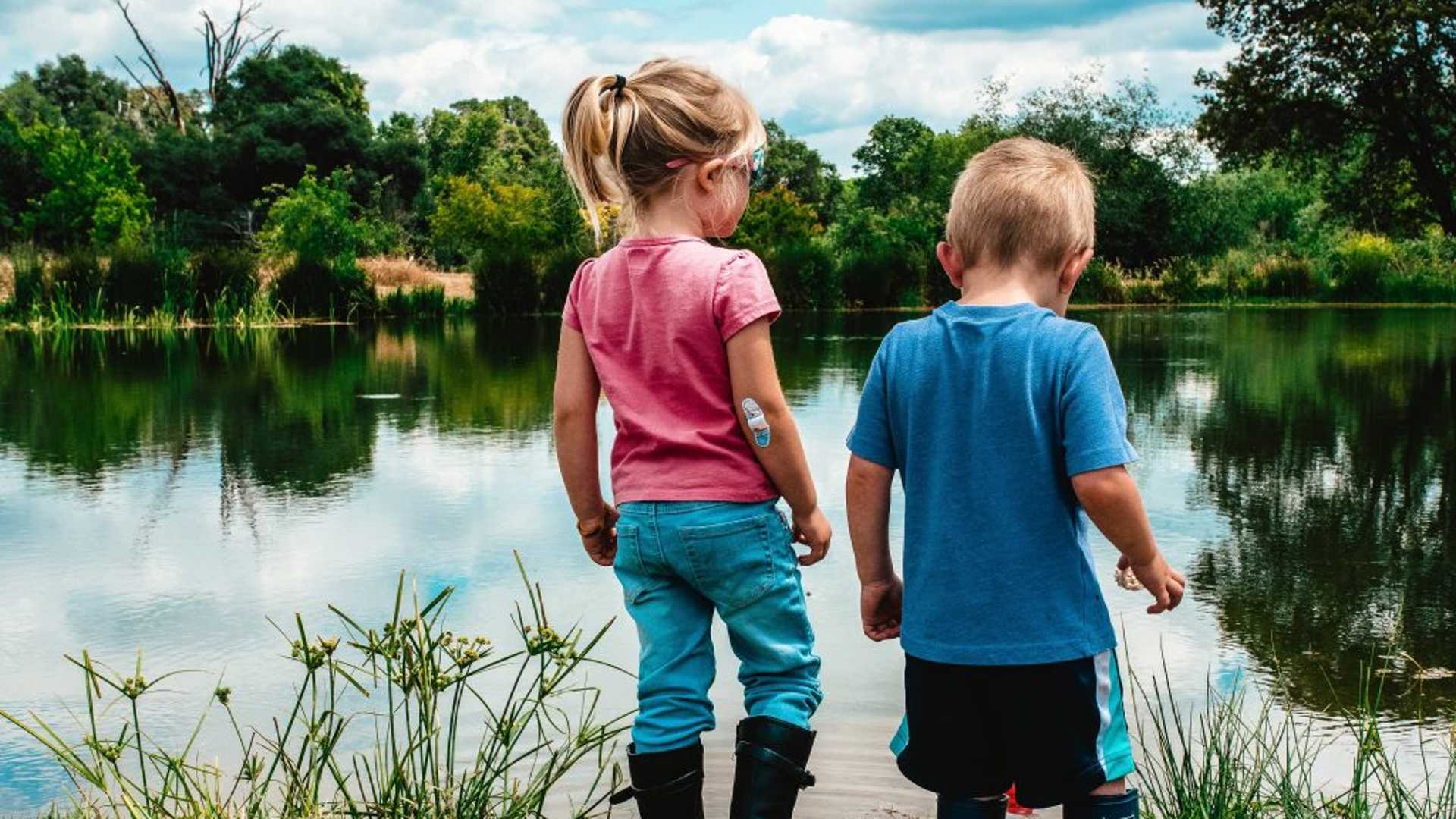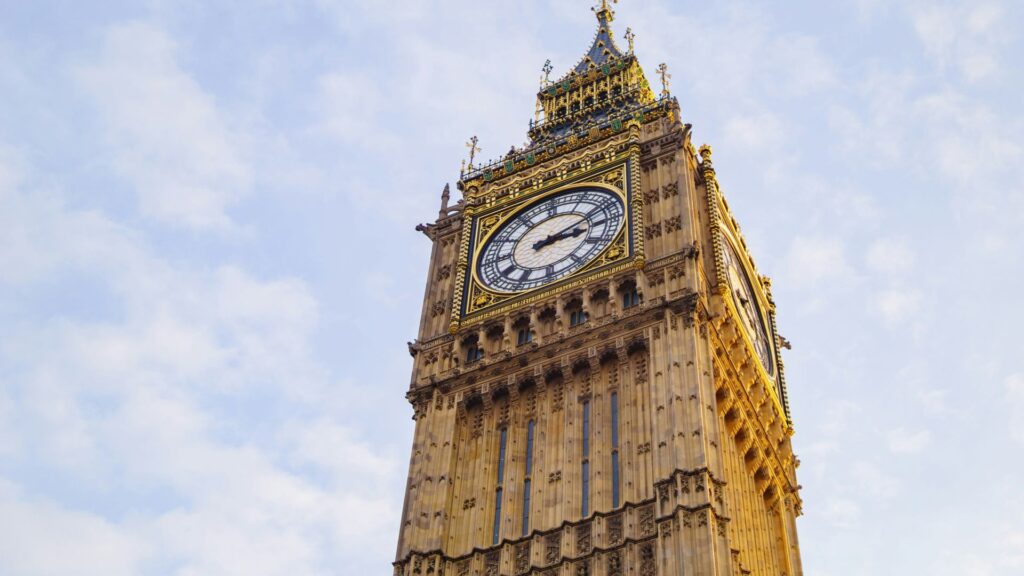Professor Geoff Beattie and Dr Laura McGuire have created The Great Community Climate Change Experiment – a unique psychological research project – where adult participants will be shown a new film about schoolchildren changing their own behaviours after learning about climate change. The grown-ups will then be asked by researchers whether the film has influenced them and their attitude to sustainability.
Four events will take place, with an event on the Edge Hill campus on 24 May and others taking place in Liverpool and Southport on 17 and 18 May and 24 June, full details are on the Edge Hill website.
Participants will be asked to complete a brief survey both before and after watching the short film to test what effects the film has had.
Professor Beattie said: “What influences people to make changes in their everyday lives? Can local children be role models for adults? These are some of the big questions we will be asking in ‘The Great Community Climate Change Experiment’. If urgent action against climate change is going to be effective, we have to learn how best to convince people to make changes to their everyday lives and live more sustainably.
It is hoped that by using children from the community to promote meaningful sustainable actions it will have a much greater effect. Professor Beattie and Dr McGuire will then evaluate the effects using new innovative psychological measures that look at underlying attitudes to sustainability.
“We are assessing whether people are more likely to alter their behaviour once they’ve seen children from their own community change because of their increased emotional engagement with climate change through the creative arts. It’s a very local angle on climate change, with a very high-level goal – making significant change in attitudes to sustainability.”
The original project in schools in Kirkby was created Dr Laura McGuire. She had the innovative idea to use creative arts to aid the children’s learning. Dr McGuire explained:
“By using creative arts techniques, such as drama, creative writing, art, songs and rap, we wanted to really engage children and young people with climate change and to tap into their underlying implicit attitudes. Implicit attitudes are attitudes which are held without conscious awareness but direct much of our everyday habitual behaviour.”
“This project was the first of its kind because it measured the change in the pupils’ underlying attitudes towards climate change and the film we then made, funded by the AHRC, really shows the impact of the project. It was a huge success with the children taking climate messages home, telling their parents to save energy and recycle more.”
The entire project has been made possible thanks to a grant awarded to Geoff, Laura, and Professor Christopher Dent from the Business School, from the British Academy’s Shared Understandings of a Sustainable Future Scheme, which funds projects examining a people-centred transition to Net Zero and sustainability.
Also supporting the project is SustainNET, Edge Hill’s network bringing together academics, students, business leaders and communities to tackle climate change. It seeks to advance the sustainability agenda both on campus and across the North West on four interconnected fronts, namely research, education, student engagement and local community partnership.
To discover more about our courses, please visit ehu.ac.uk/study.
May 12, 2022



